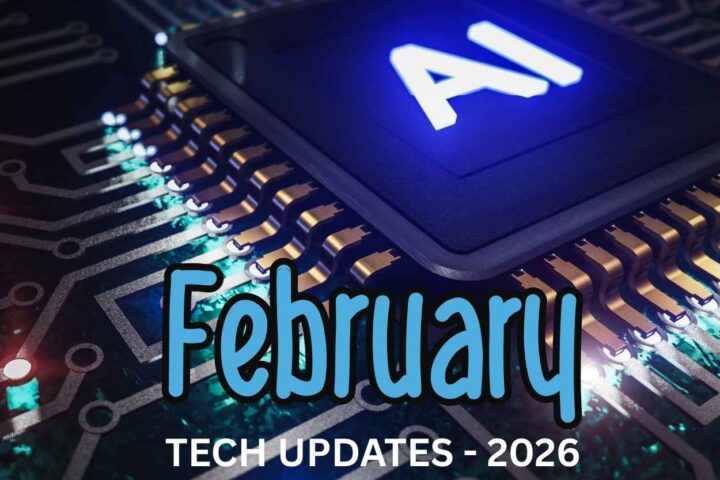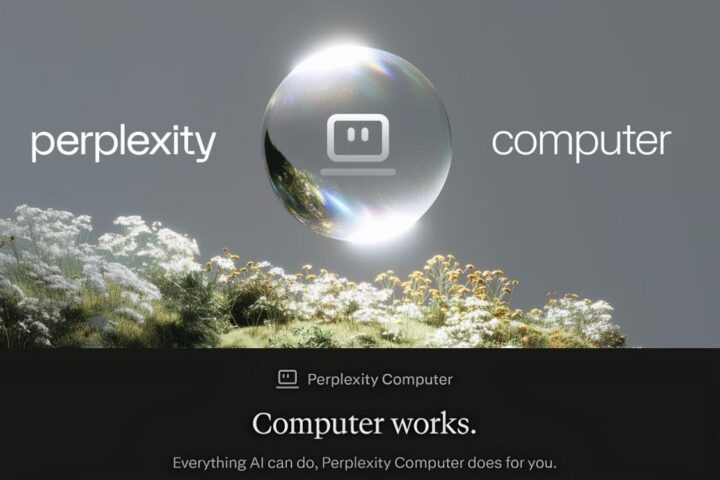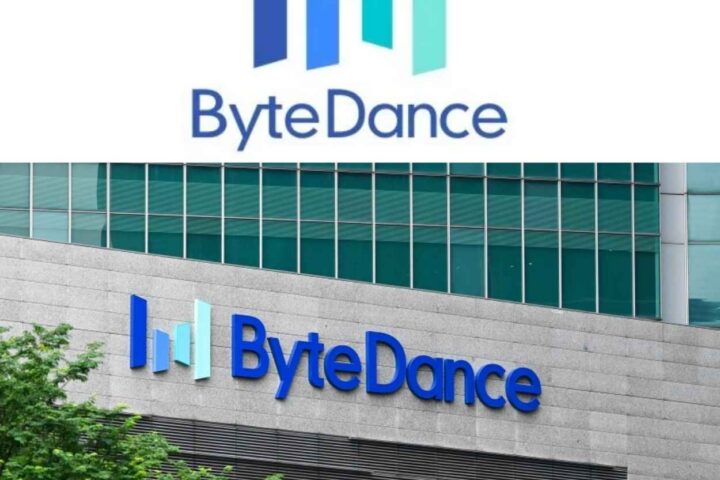Human resources are becoming more and more automated, as companies look for ways to streamline their operations and cut costs. One of the first areas to be targeted for automation is HR processes, such as payroll and benefits administration. This has led to a rise in HR technology solutions such as applicant tracking systems, performance management software, learning management systems, and more. Here are a few HR trends you need to be aware of.
1. HR Conferences and Expos are Growing in Popularity
As more companies rely on HR technology to manage their employees’ data and processes, there’s a growing interest in conferences that focus specifically on these technologies. There are now dozens of HR conferences each year where professionals can learn about the latest trends and developments in the industry. If you’re interested in learning more about how HR tech is changing the way organizations do business, attending such an event could be a great first step. It’s a great way to network with other HR professionals and gain some valuable insights from speakers who are thought leaders in the field.
2. New Software Tools Are Helping Organizations Manage Remote Employees
One of the biggest challenges for HR departments is dealing with remote employees. These workers are no longer just freelancers or “digital nomads”– they now make up a significant percentage of many companies’ workforces and present unique challenges, such as managing attendance and performance. New technologies that help track hours worked and manage employee feedback, along with tools that facilitate team communication across multiple time zones, have become essential to keeping these employees engaged and productive. If your HR department hasn’t yet embraced these tools, it’s definitely worth looking into them and seeing how they could help you manage remote employees more effectively. Consider implementing time-tracking software like Exaktime.
3. Social Media Is Playing an Increasingly Important Role in Talent Acquisition
As more companies are realizing the importance of social media in building their brands, they’re also starting to use it in recruiting talent as well. Social media platforms like Facebook, Twitter, and LinkedIn can help companies find the best candidates by targeting specific demographics or posting job ads that they know will reach their ideal candidate. In addition, these platforms can also be used to “scrape” large groups of resumes, which is an efficient way to source potential new hires without investing a lot of time in going through individual applications. This trend is likely to continue as more companies look for ways to attract top talent quickly and cost-effectively.
4. Automation and Artificial Intelligence Are Making HR More Efficient
As automation becomes increasingly sophisticated, it’s being applied not just to payroll operations but also to recruitment processes, employee onboarding, performance management, training programs, and beyond. For example, chatbots are now being used to answer candidate questions and automate routine HR tasks such as updating employee records. Artificial intelligence systems are also being developed that can analyze large amounts of data and make more accurate hiring decisions. This will allow HR departments to focus more on strategic initiatives while saving time, effort, and money in the process.
The integration of AI-powered video interviews represents a significant stride in modernizing the hiring landscape. These advanced tools not only facilitate remote assessments but also provide nuanced insights into candidates’ interpersonal skills and communication abilities. As HR departments adopt these technologies, they not only enhance the precision of their selection processes but also embrace a more adaptable and cost-effective approach to talent acquisition.
5. Employee Wellness Programs Are Becoming More Common
As organizations expand their benefits package to include flexible work arrangements and other measures to help employees manage their personal commitments, they’re also finding new ways to promote employee wellness. One popular trend is offering services such as on-site fitness classes, nutrition counseling, or discounts at local gyms. These are all great ways for companies to improve morale and retain top talent, while also helping their employees lead healthier and more balanced lives. While this is still a relatively new area, it’s one that will likely continue to grow as HR departments look for ways to maximize the benefits they provide to their workforce.
6. The Role of HR Is Changing as Millennials Take Over the Workforce
As Millennial employees become a larger percentage of the workforce, their expectations and wants are beginning to impact the way HR departments do their jobs. For example, Millennials prioritize a company’s mission and values when considering employment, so HR departments need to be able to clearly articulate why they’re a great place for employees to work. Additionally, Millennial workers often prefer more feedback and honest assessments of their performance than previous generations. This means that HR needs to transition away from traditional annual reviews and focus more on providing ongoing feedback throughout the year.
7. Work-Life Balance Is Becoming More Important
With the advent of technology and the 24/7 work culture, many employees are feeling burned out and unable to balance their personal and professional lives. As a result, companies are starting to focus more on providing flexible work arrangements and other measures that can help employees strike a better balance between these two important areas of life. This trend is unlikely to go away anytime soon as HR departments continue looking for ways to improve employee satisfaction and retention rates. It’s an area that is likely to see significant growth in the coming years
8. Diversity and Inclusion Are Becoming More Prevalent in the Workplace
As a growing number of businesses adopt diversity and inclusion initiatives, HR departments are starting to focus more on these areas as well. This can take many different forms, from diversity training for managers to mentoring and networking programs that encourage employees of different backgrounds and identities to connect with one another. It can also be company events related to heritage history and celebrations such as aapi heritage month activities. Overall, this trend is likely to keep growing as companies realize the positive impact that diverse teams have on innovation and decision-making. Also, as the workforce continues to evolve with new generations of employees entering the workforce, HR will continue to play a critical role in ensuring that companies remain committed to diversity and inclusion.

As the role of HR continues to evolve, there are several key trends that are becoming increasingly important. These include employee wellness programs, work-life balance initiatives, diversity and inclusion efforts, and the impact of Millennial employees on company culture. As these trends continue to grow in importance, HR departments will need to prioritize them in order to remain competitive and attract top talent to their organizations.
















